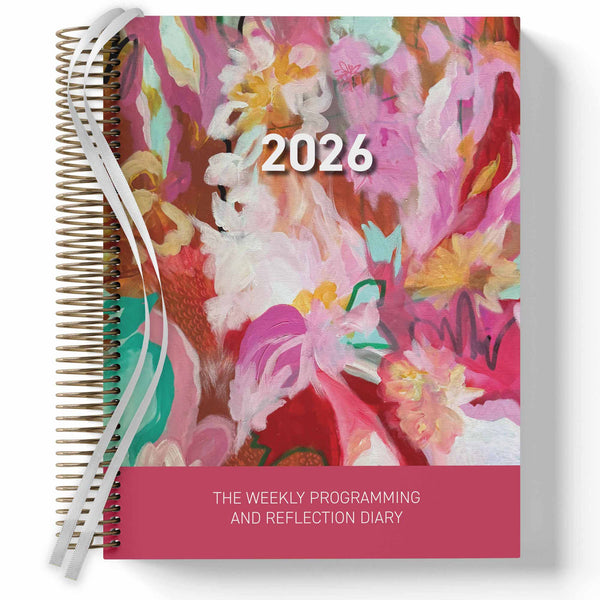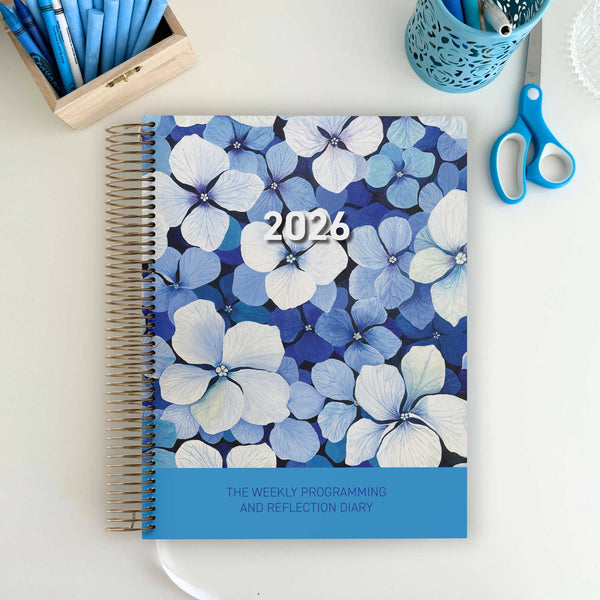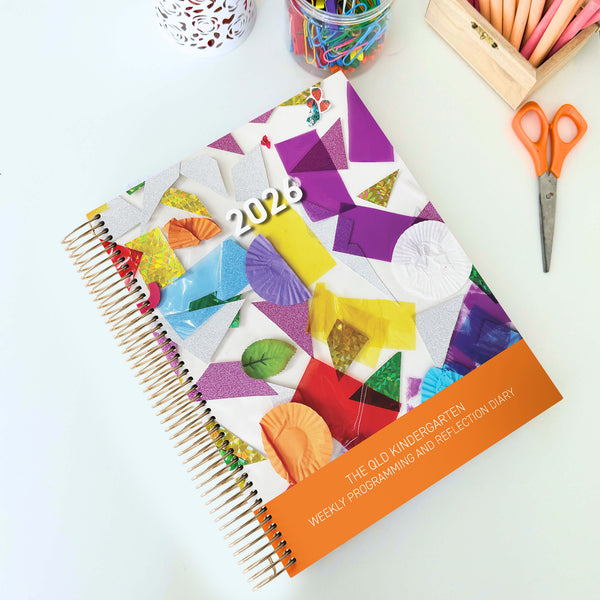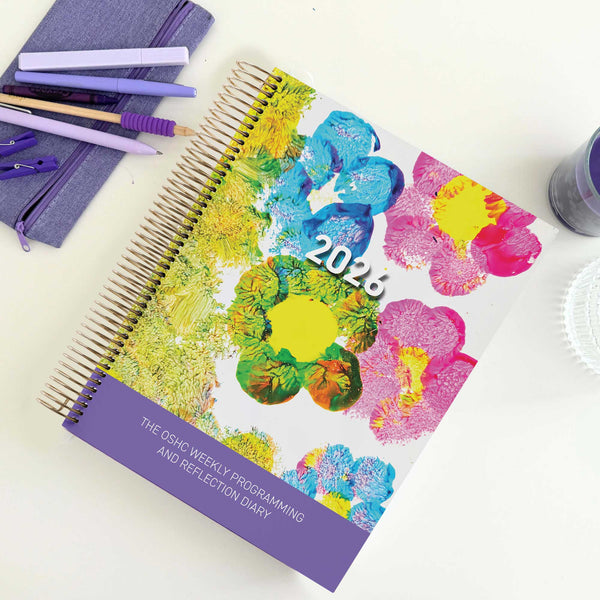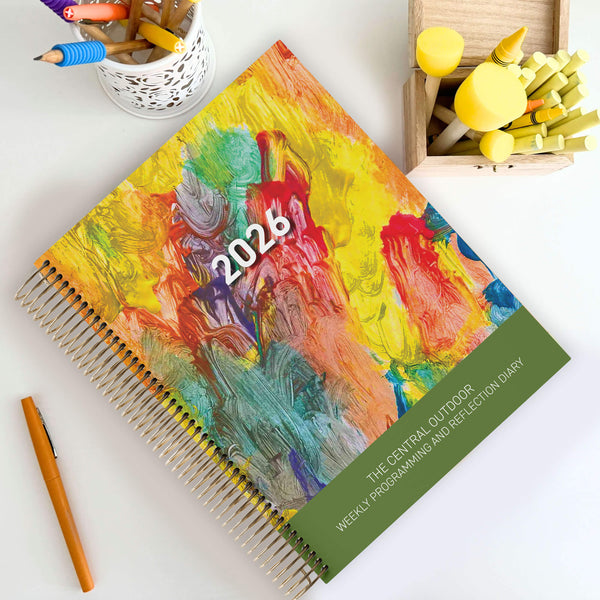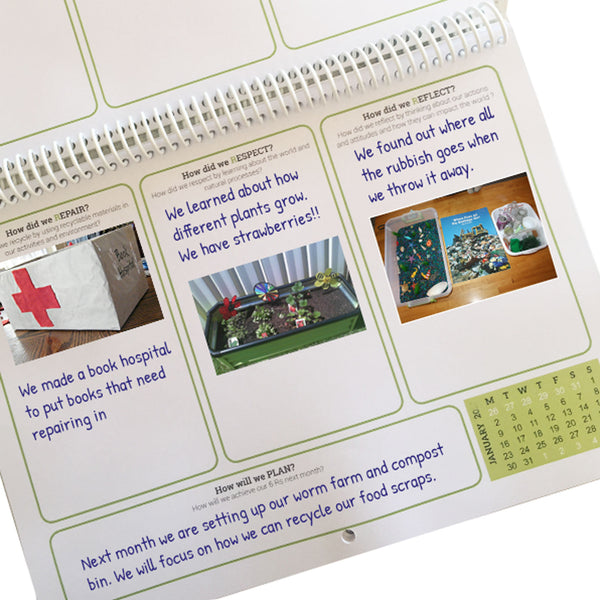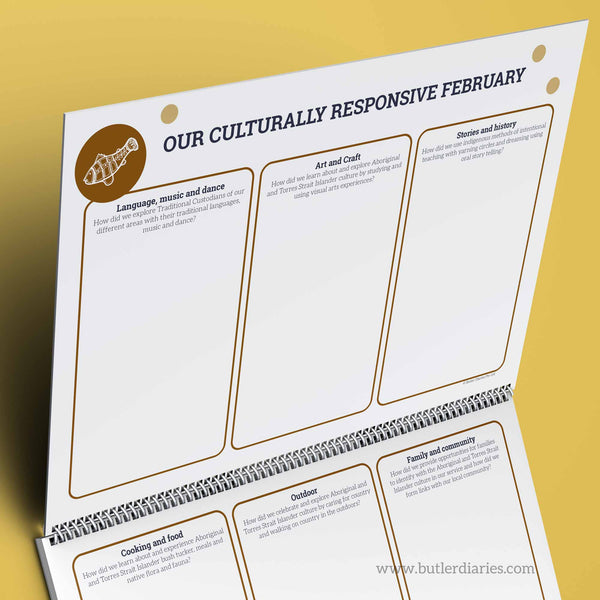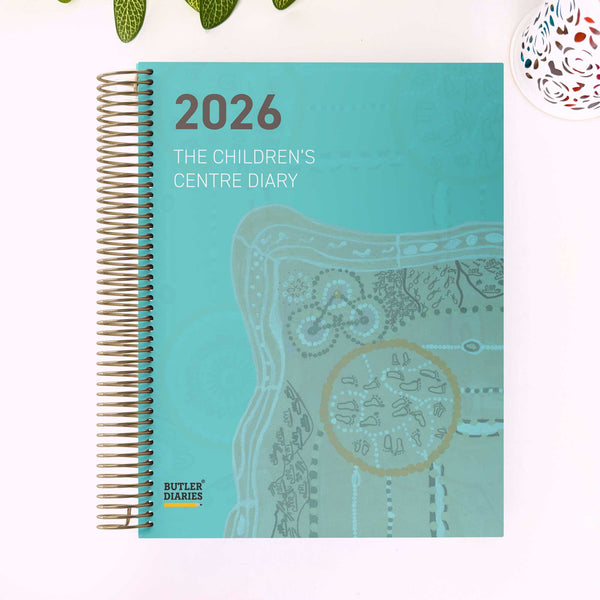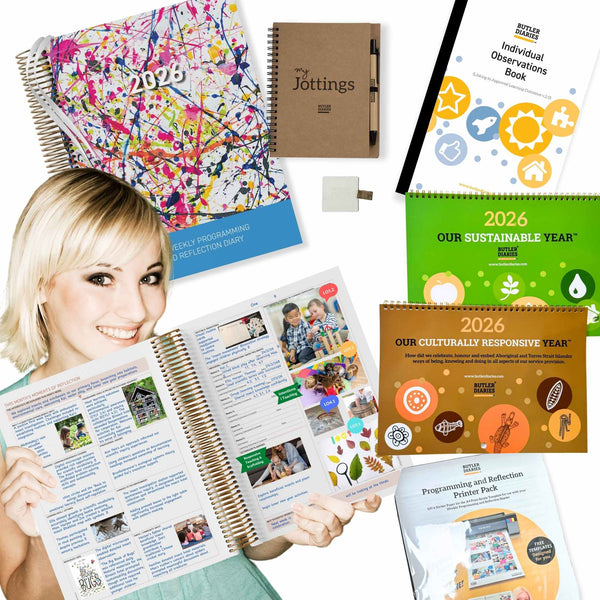Starting a new role as an educator halfway through the year can be both exciting and challenging. Whether you're joining a new early childhood education and care (ECEC) centre or transitioning to a different classroom, it's essential to navigate this period with care and preparation. Here are some tips to help you make a smooth transition and thrive in your new role:
-
Understand the Culture and Values: Take the time to familiarise yourself with the culture and values of your new workplace. Observe how things are done, interact with colleagues, and ask questions to gain insight into the ethics of the centre or school.
-
Build Relationships: Building positive relationships with children, families, and colleagues is key to success in any educational setting. Take the initiative to introduce yourself, show genuine interest in getting to know others, and be approachable and friendly.
-
Communicate Effectively: Clear communication is essential, especially when starting a new role. Keep lines of communication open with your team members, supervisors, and families. Be proactive in sharing relevant information and ask for clarification when needed.
-
Learn the Routines and Procedures: Every ECEC centre or school has its own routines and procedures. Take the time to learn these, including daily schedules, classroom management strategies, and emergency protocols. Adhering to established routines helps maintain consistency for children and minimises disruptions.
-
Seek Support and Guidance: Don't hesitate to seek support and guidance from more experienced colleagues or mentors. They can provide valuable insights, answer your questions, and offer advice based on their own experiences.
-
Stay Organised: Starting a new role halfway through the year can feel overwhelming, but staying organised can help you manage the transition more effectively. Use tools such as your Butler Diaries to stay on top of your responsibilities.
-
Be Flexible and Adaptable: Flexibility is essential when starting a new role, especially in the middle of the year. Be open to changes and willing to adapt to new situations, whether it's adjusting to different teaching methods or accommodating the needs of individual children. Come with ideas but be prepared to introduce them slowly to avoid overwhelming children and families and creating a feeling of 'taking over'.
-
Take Care of Yourself: Starting a new role can be mentally and emotionally demanding, so it's crucial to prioritise self-care. Make time for activities that help you relax and recharge, such as exercise, hobbies, or spending time with loved ones.
-
Stay Positive and Patient: Transition periods can be challenging, but maintaining a positive attitude and exercising patience can help you navigate any obstacles that arise. Remember that it's okay to make mistakes and that each day is an opportunity to learn and grow.
-
Celebrate Progress: Finally, take the time to celebrate your progress and accomplishments, no matter how small. Recognise the milestones you've achieved and acknowledge the positive impact you're making in your new role as an educator.
Starting a new role as an educator halfway through the year may present its share of challenges, but with preparation, support, and a positive mindset, you can overcome obstacles and thrive in your new environment. By following these tips, you can make a smooth transition and continue to make a meaningful difference in the lives of children and families.
Related Blog Posts
-
Tips for Programming for Babies in the Weekly Programming and Reflection Diaries
-
A Plan is a Guide Right? What Happens if You Don't Complete Your Entire Program that Day?
-
How to Do Programming in Childcare: A Comprehensive Summary Using EYLF v2
-
What is the National Quality Framework (NQF) and How Does it Impact My Role as an Educator?








